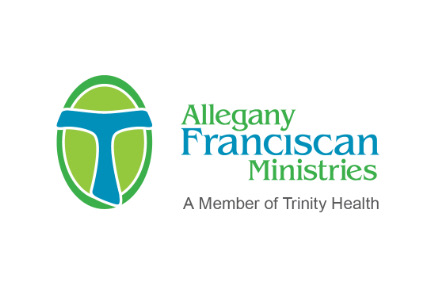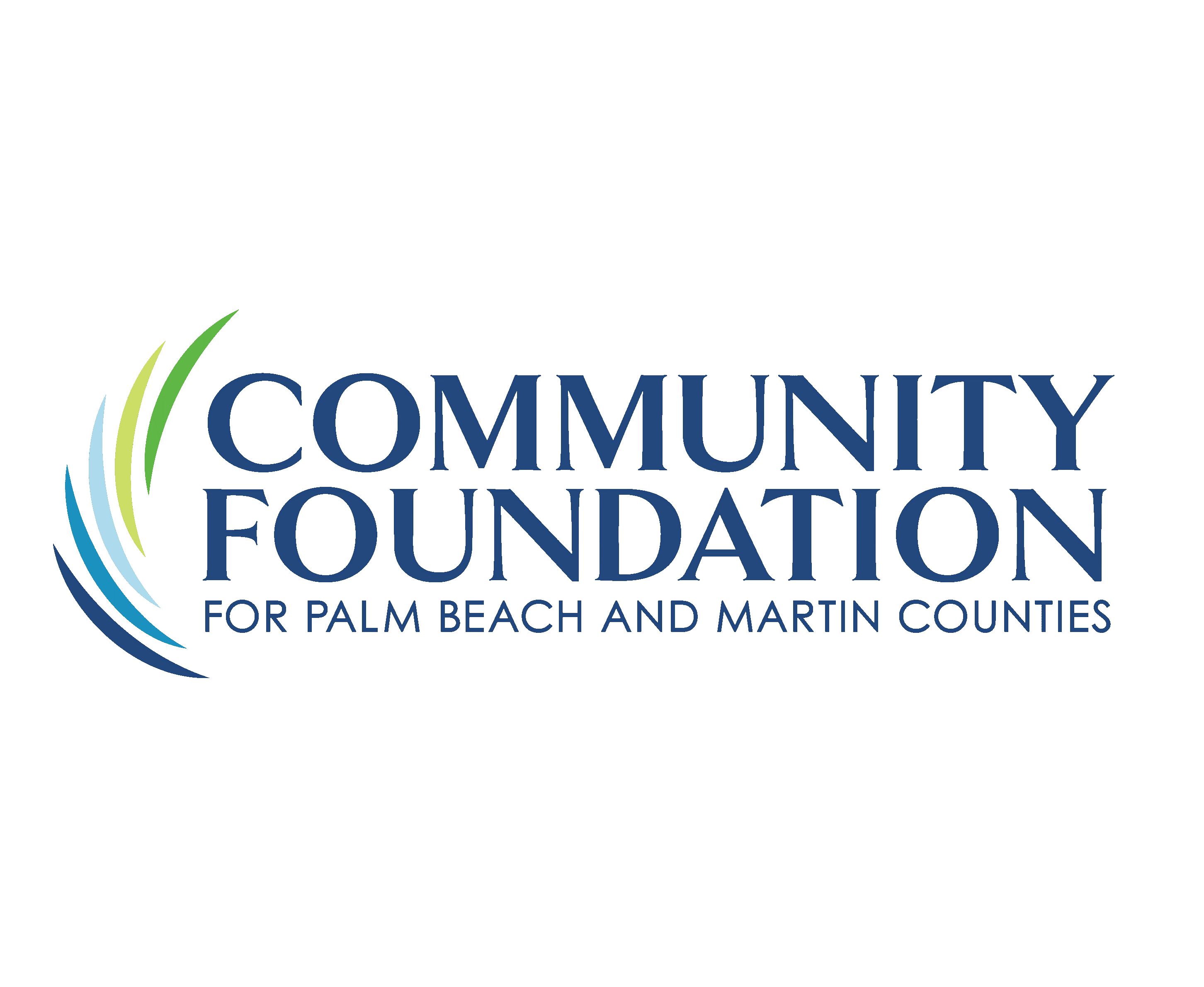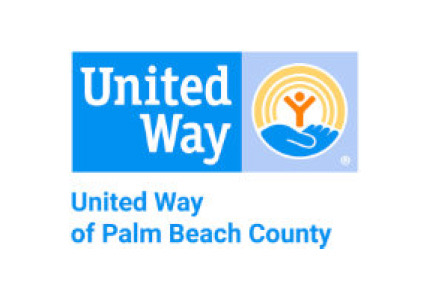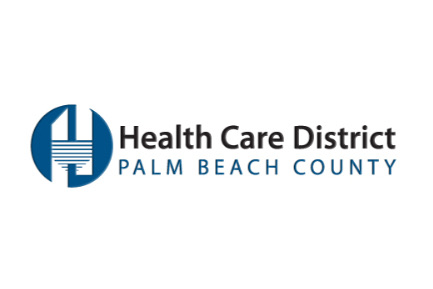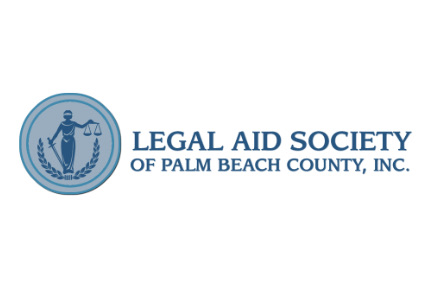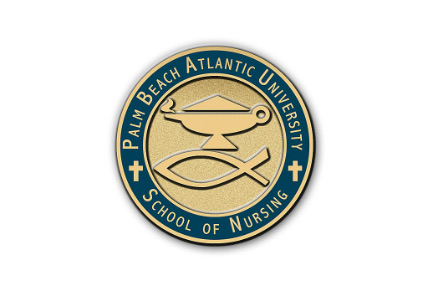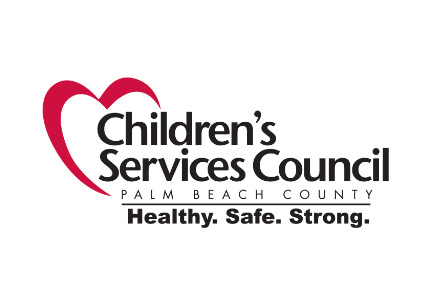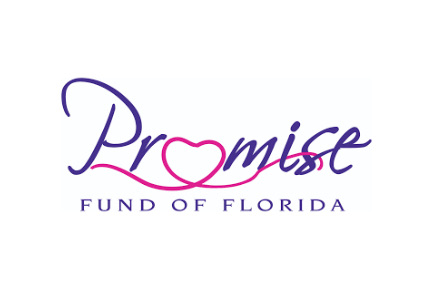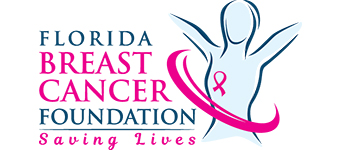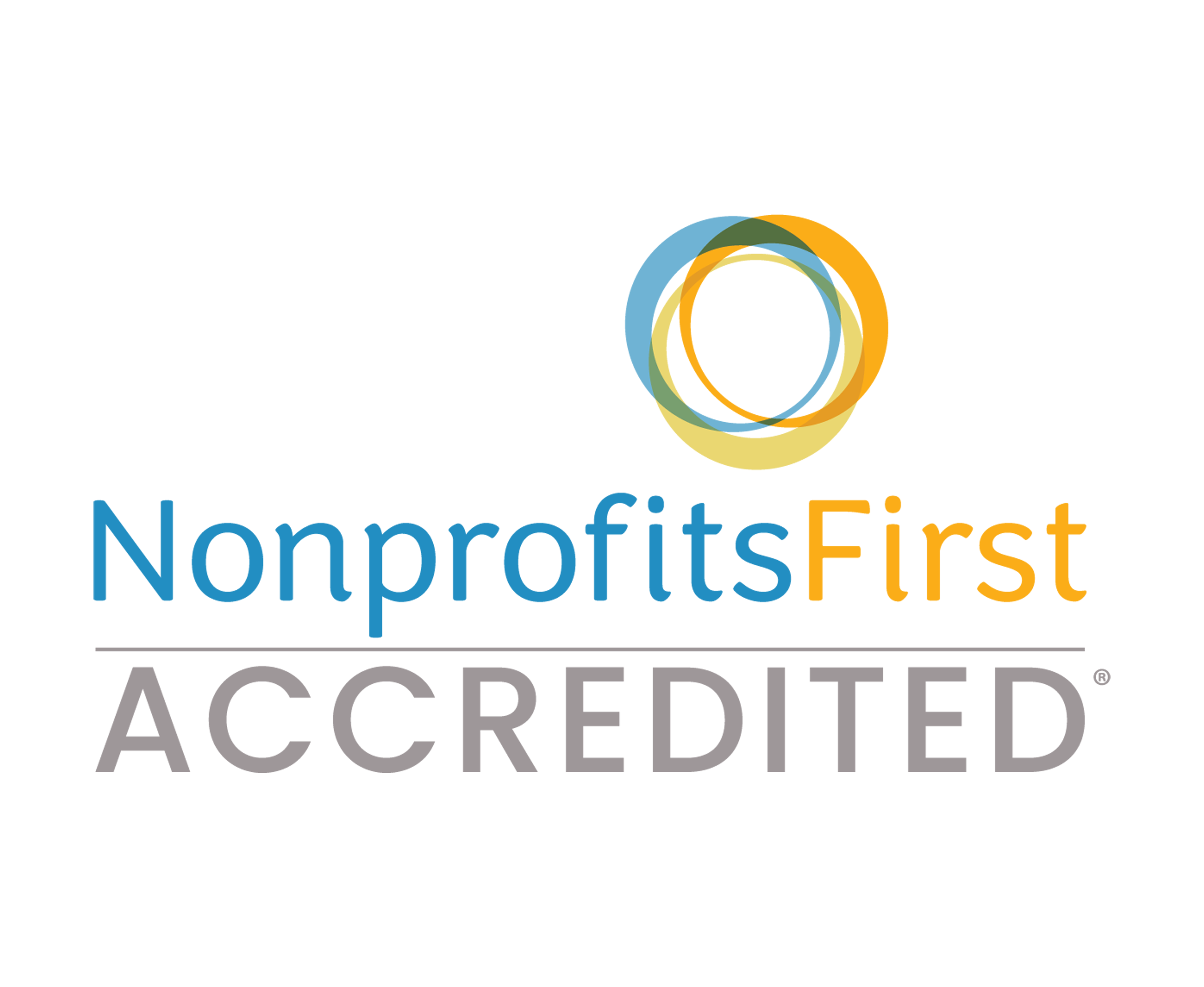Community Health Center
RESOURCES
Social Distancing, Hand Washing, and Other Preventive Measures Against COVID-19

By now, many of us are taking steps to protect ourselves from COVID-19. You’re washing your hands regularly and keeping your distance from friends and family. That’s good.
Below is more information for each of these measures as well as other actions you should take to stay healthy, be safe and prevent the spread of COVID-19, as well as other coronaviruses and influenza.
The following information comes from Harvard Medical School. Read more here.
What can I do to protect myself and others from COVID-19?
- Avoid close contact with people who are sick.
- Avoid touching your eyes, nose, and mouth.
- Stay home when you are sick.
- Cover your cough or sneeze with a tissue, then throw the tissue in the trash.
- Clean and disinfect frequently touched objects and surfaces every day. High touch surfaces include counters, tabletops, doorknobs, bathroom fixtures, toilets, phones, keyboards, tablets, and bedside tables. A list of products suitable for use against COVID-19 is available here. This list has been pre-approved by the US Environmental Protection Agency (EPA) for use during the COVID-19 outbreak.
- Wash your hands often with soap and water.
What is social distancing and why is it important?
The COVID-19 virus primarily spreads when one person breathes in droplets that are produced when an infected person coughs or sneezes. In addition, any infected person, with or without symptoms, could spread the virus by touching a surface. The coronavirus could remain on that surface and someone else could touch it and then touch their mouth, nose or eyes. That’s why it’s so important to try to avoid touching public surfaces or at least try to wipe them with a disinfectant.
Social distancing refers to actions taken to stop or slow down the spread of a contagious disease. For an individual, it refers to maintaining enough distance (6 feet or more) between yourself and another person to avoid getting infected or infecting someone else. School closures, directives to work from home, library closings, and cancelling meetings and larger events help enforce social distancing at a community level.
What types of medications and health supplies should I have on hand for an extended stay at home?
Try to stock at least a 30-day supply of any needed prescriptions. If your insurance permits 90-day refills, that’s even better. Make sure you also have over-the-counter medications and other health supplies on hand.
Medical and health supplies
- prescription medications
- prescribed medical supplies such as glucose and blood-pressure monitoring equipment
- fever and pain medicine, such as acetaminophen
- cough and cold medicines
- antidiarrheal medication
- thermometer
- fluids with electrolytes
- soap and alcohol-based hand sanitizer
- tissues, toilet paper, disposable diapers, tampons, sanitary napkins
- garbage bags.
Should I keep extra food at home? What kind?
Consider keeping a two-week to 30-day supply of nonperishable food at home. These items can also come in handy in other types of emergencies, such as power outages or snowstorms.
- canned meats, fruits, vegetables, and soups
- frozen fruits, vegetables, and meat
- protein or fruit bars
- dry cereal, oatmeal, or granola
- peanut butter or nuts
- pasta, bread, rice, and other grains
- canned beans
- chicken broth, canned tomatoes, jarred pasta sauce
- oil for cooking
- flour, sugar
- crackers
- coffee, tea, shelf-stable milk, canned juices
- bottled water
- canned or jarred baby food and formula
- pet food
- household supplies like laundry detergent, dish soap, and household cleaner.
Should I wear a face mask?
The CDC now recommends that everyone in the US wear nonsurgical masks when going out in public.
Coronavirus primarily spreads when someone breathes in droplets containing virus that are produced when an infected person coughs or sneezes or when a person touches a contaminated surface and then touches their eyes, nose, or mouth. But people who are infected but do not have symptoms, or have not yet developed symptoms, can also infect others. That’s where masks come in.
A person infected with coronavirus — even one with no symptoms — may emit aerosols when they talk or breathe. Aerosols are infectious viral particles that can float or drift around in the air. Another person can breathe in these aerosols and become infected with the virus. A mask can help prevent that spread.
(Photo credit: health.harvard.edu)


